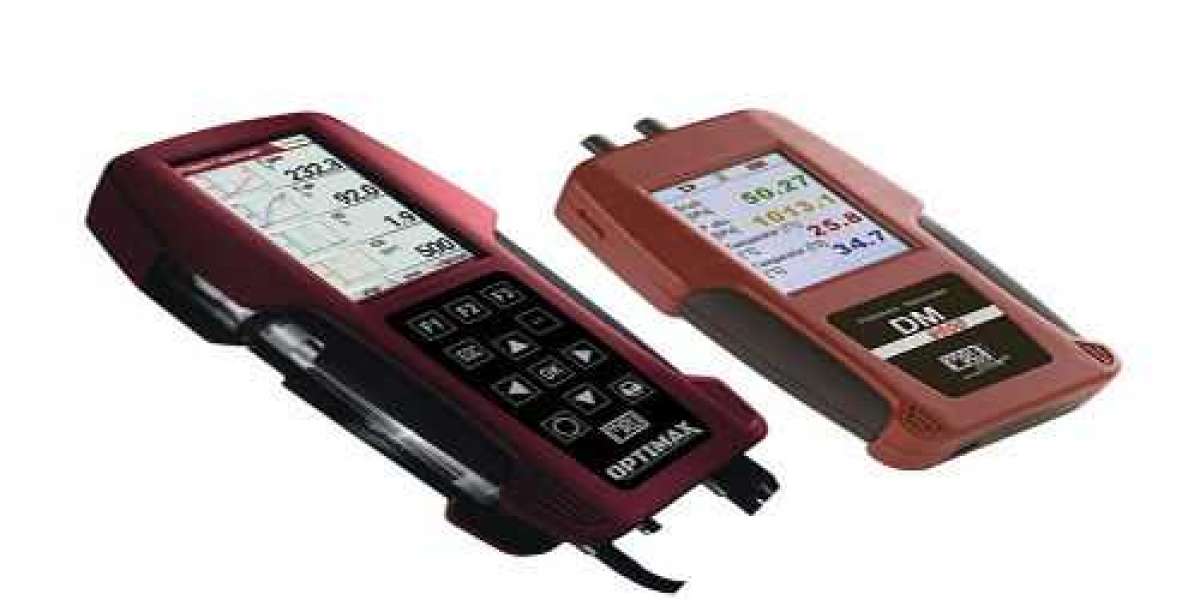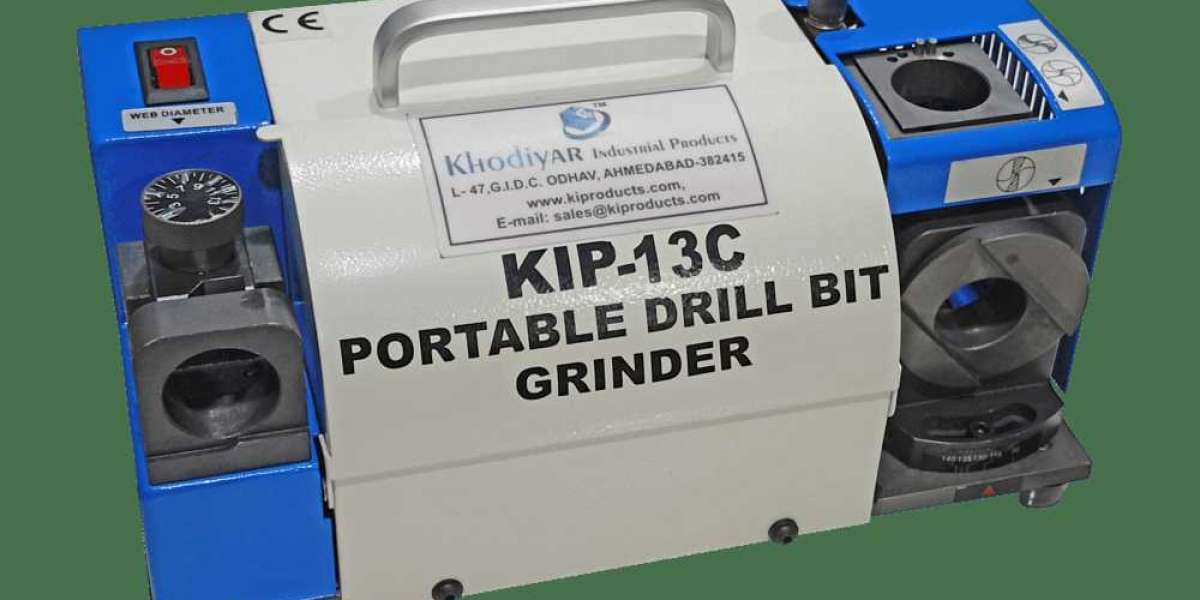From laboratories to industrial settings, accurately tracking carbon dioxide levels can prevent hazards, enhance air quality, and ensure compliance with safety regulations. For those seeking precision and convenience, a CO2 analyzer portable option is essential. But before you buy, there are several factors you need to consider to ensure you select the right device for your needs.
In this article, we'll discuss why monitoring CO2 levels is critical and what to look for when purchasing a CO2 analyzer. Whether you're in the medical field, working in agriculture, or managing an industrial environment, understanding these key factors will help you make an informed decision.
Why Monitoring CO2 Levels Matters
Health and Safety
One of the most critical reasons to monitor CO2 levels is health and safety. Elevated CO2 concentrations can lead to respiratory issues, dizziness, and even more severe consequences like loss of consciousness. In confined spaces or poorly ventilated areas, such as factories or greenhouses, the accumulation of CO2 can pose a serious threat to workers and inhabitants. Monitoring these levels ensures that environments remain within safe limits.
Air Quality and Comfort
In settings such as office buildings, schools, or homes, CO2 levels can significantly impact comfort and air quality. High CO2 concentrations often cause discomfort, drowsiness, and reduced cognitive function, affecting productivity and well-being. A portable CO2 analyzer can help detect problematic areas and provide insights into ventilation improvements, promoting a healthier, more productive atmosphere.
Regulatory Compliance
In industries like food processing, breweries, or laboratories, adhering to strict CO2 safety regulations is a must. Failing to monitor and control CO2 levels can lead to hefty fines and shutdowns. By investing in a high-quality CO2 analyzer, businesses can ensure compliance with environmental and occupational safety standards.
What to Consider Before Buying a CO2 Analyzer
When shopping for a CO2 analyzer portable, it's essential to evaluate several key features and specifications to find the right device for your application. Here's a breakdown of what you should consider:
1. Accuracy and Range
The accuracy of the CO2 analyzer is one of the most critical factors to evaluate. Look for a device that provides precise measurements, particularly if you're working in environments where small fluctuations in CO2 levels can make a significant difference. Additionally, consider the range of the analyzer. Some devices can measure CO2 levels from 0 to 10,000 ppm (parts per million), while others may have more extensive ranges for industrial applications.
2. Portability and Ease of Use
For many applications, especially in fieldwork or temporary setups, a portable CO2 analyzer is invaluable. These devices should be lightweight, easy to transport, and simple to operate. Consider whether the analyzer requires a lot of setup or calibration before use. User-friendly models with intuitive interfaces can save time and reduce the risk of human error.
3. Battery Life
If you're considering a portable CO2 analyzer, battery life is an essential factor. Depending on your work environment, you may need a device that lasts for several hours or even days on a single charge. Ensure the analyzer has a long-lasting battery or options for quick recharging or replacing batteries.
4. Durability
The durability of your CO2 analyzer is vital, especially in harsh environments such as construction sites, greenhouses, or industrial settings. Look for devices that are built to withstand rough conditions, including exposure to dust, moisture, and varying temperatures. Some models are specifically designed to be rugged, with reinforced casings and protective screens.
5. Data Logging and Connectivity
Modern CO2 analyzers often come with data logging features, allowing users to track and store readings over time. This functionality is particularly useful for long-term monitoring or regulatory reporting. Some devices also offer connectivity options, such as Bluetooth or USB, to transfer data to computers or mobile apps for more in-depth analysis.
6. Calibration Requirements
Over time, CO2 analyzers may need to be recalibrated to maintain their accuracy. Check how often calibration is required and whether it can be done in-house or if it needs to be sent to the manufacturer. Some portable models include self-calibration features, which can save time and maintenance costs.
7. Price and Budget Considerations
While it might be tempting to choose the cheapest option available, investing in a high-quality CO2 analyzer can save you money in the long run by providing more accurate readings and reducing maintenance costs. Look for devices that offer a good balance of price and performance, considering factors like durability, accuracy, and battery life.
Frequently Asked Questions (FAQs)
1. Why are CO2 levels important to monitor in indoor environments?
Monitoring CO2 levels indoors is crucial for maintaining good air quality and preventing health issues. High CO2 levels can lead to discomfort, headaches, and reduced cognitive performance. Keeping CO2 levels in check ensures a healthier and more productive environment.
2. What industries benefit from using a portable CO2 analyzer?
A wide range of industries benefit from portable CO2 analyzers, including agriculture, food and beverage processing, HVAC, laboratories, and educational institutions. Any environment where CO2 levels need to be monitored for safety or regulatory reasons can benefit from a portable analyzer.
3. How often should I calibrate my CO2 analyzer?
The frequency of calibration depends on the model and usage. Some devices require calibration every 6-12 months, while others may have self-calibration features. It's important to follow the manufacturer's recommendations for optimal accuracy.
4. Can CO2 analyzers detect other gases?
Some CO2 analyzers are designed to detect only CO2, while others may be part of a multi gas analyzer system that can monitor additional gases like oxygen, methane, or nitrogen. It's important to choose the right analyzer based on your specific needs.
5. What is the difference between portable and fixed CO2 analyzers?
Portable CO2 analyzers are designed for mobility and ease of use in various locations, while fixed analyzers are typically installed in a single place for continuous monitoring. Portable analyzers are ideal for fieldwork, temporary setups, or when flexibility is needed.
6. How do CO2 analyzers contribute to regulatory compliance?
CO2 analyzers help businesses adhere to environmental and occupational safety standards by ensuring that CO2 levels remain within safe limits. Regular monitoring and reporting can prevent fines, shutdowns, and other regulatory consequences.
Conclusion
When selecting a CO2 analyzer portable for your lab or industrial setting, it's essential to consider factors like accuracy, durability, and ease of use. Monitoring CO2 levels is crucial for health, safety, and compliance, making it an investment worth careful consideration. By understanding your specific needs and evaluating the features outlined in this guide, you can choose the right analyzer for your application, ensuring a safer and more productive environment.






